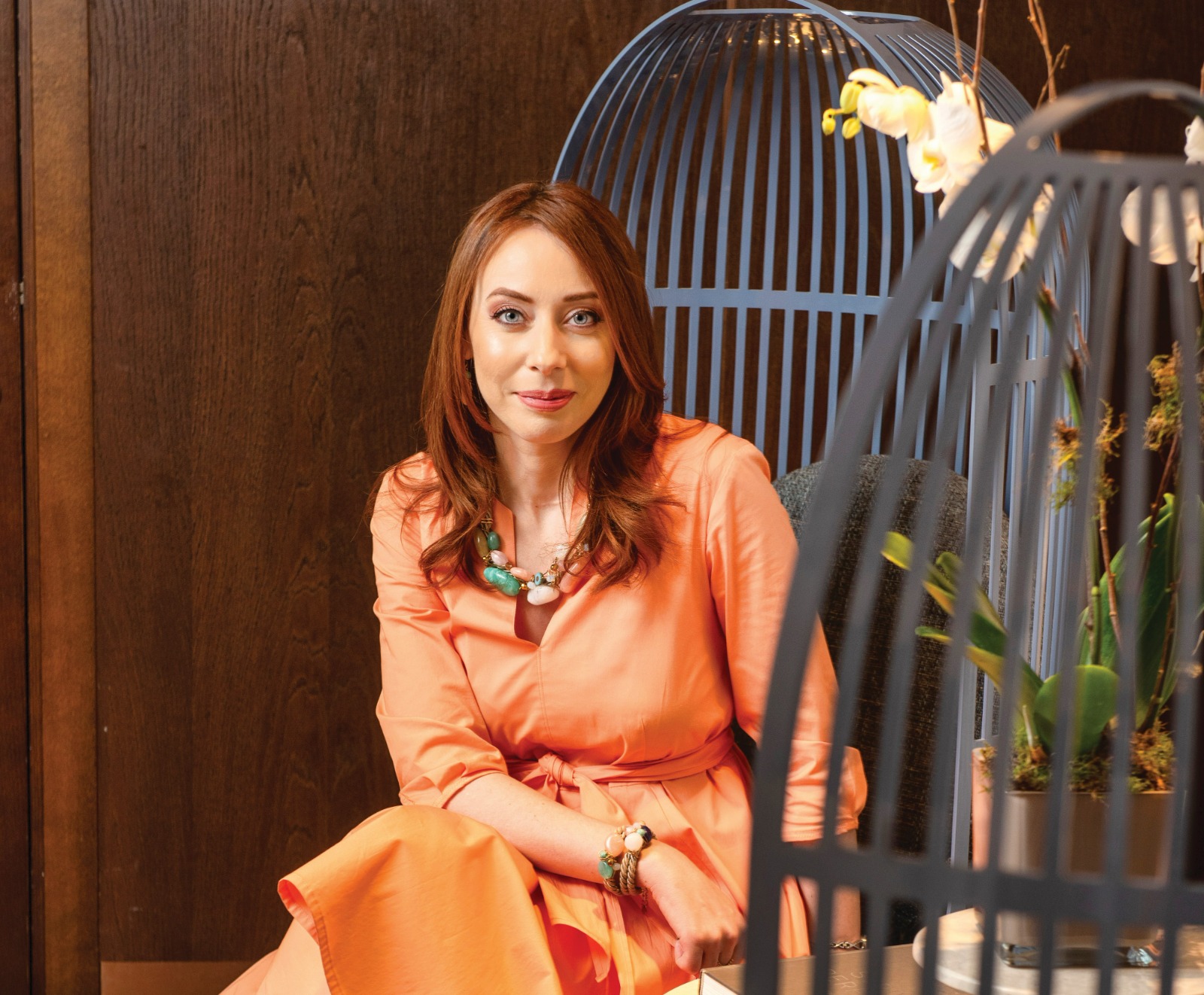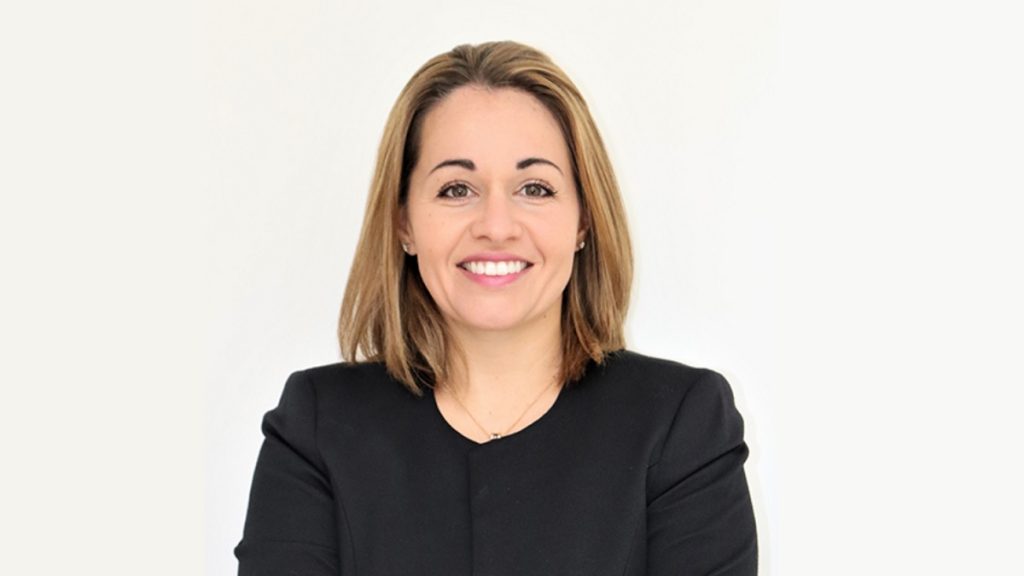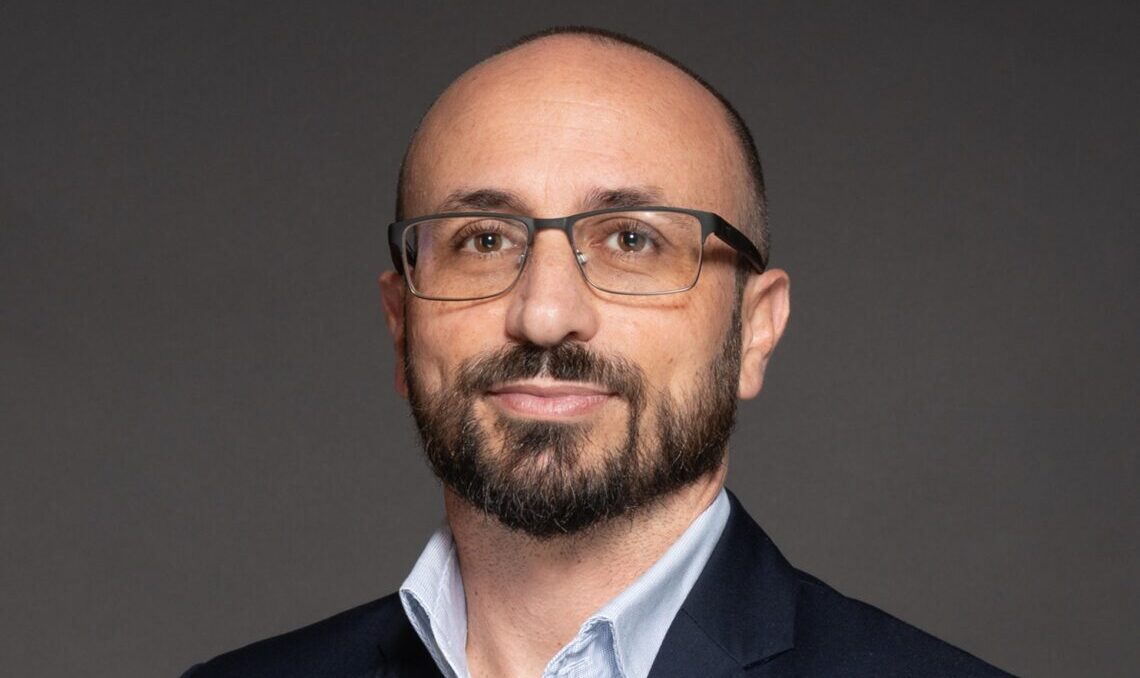Malta’s economy is broad and diversified, encompassing key sectors such as finance, real estate, tourism, and digital services. However, to maintain its competitive advantage, many key players are emphasizing the need to enhance these industries through the adoption of digital automation tools, which would drive Malta’s ongoing economic transformation and foster long-term growth.
In the fourth of a seven-part series, first featured on Business Now magazine, we explore insights of Abigail Mamo, former CEO of the Malta Chamber of SMEs, Malta’s national organisation of independent private businesses.
“Malta’s economic performance has been strong, marked by consistent GDP growth, low unemployment, and fiscal surpluses,” begins Abigail, highlighting the Central Bank’s forecasts of 4.3 per cent GDP growth rate for 2024. Attributing this primarily to domestic demand and net exports in the service sector, she also points to a diversified economy, as well as favourable conditions attracting significant foreign investment.
“Malta is dependent on foreign workers who contribute across all sectors, resulting also in a record high working-age population, constituting a third of the country’s total population. Despite this, Malta struggles to fill labour market gaps, with many employers reporting shortages due to skills mismatches,” she states, affirming that, with a larger majority of the foreign workers being low-skilled, systemic abuse has continued to exacerbate the issue.
“An inefficient labour market has led to challenges such as overpopulation, integration issues, and wage pressures, with labour market tightness remaining a predominant concern. These have heavily impacted society and the economy,” Abigal notes, adding that Government has started responding to these challenges and addressing the biggest abuses. “This is likely to continue, together with a greater effort to finetune the focus on higher-quality workers, automation and digital skills, necessitating more investment in education and training to maintain competitiveness.”
Acknowledging that the real estate and construction sectors have significantly contributed to Malta’s GDP in recent years, the CEO believes it is now crucial to assess the quality of these contributions, calling for a specific, individual strategy for each sector.
“Malta’s finite resources necessitate careful consideration of future construction needs and limiting excess development. While construction has boosted GDP, it has also caused considerable discomfort and collateral damage,” she warns, noting that the rental market has been particularly impacted, with exponentially rising prices leading to overcrowded living conditions and wage inflation.
Meanwhile, identifying tourism as a critical component of Malta’s economy, Abigail believes that striking a balance that is progressive and aims for growth based on quality is essential. “The sector is highly competitive, with local enterprises not only competing amongst themselves but also with other destinations. Elevating service quality across the board is crucial to positioning Malta as a top destination,” she says.
Looking ahead at further areas for economic development, the former CEO affirms that Malta is already highly diversified in terms of sectors, and while new opportunities exist, the country should focus on transforming and enhancing existing sectors to increase SME competitiveness.
“The renewable energy sector, for example, has made significant strides but requires further product diversification and research to fully leverage Malta’s natural attributes. Businesses need to adopt sustainability practices and innovate by integrating digital and automation tools, contributing to Malta’s economic transformation,” she maintains, pointing also to promising sectors for investment including fintech, digital services in education and health, AI, supply chain management, smart transport solutions, sustainable agriculture, the circular economy, and services that enhance living conditions.
This interview was first carried in the 2024 edition of Business Now Magazine, produced by Content House Group
Featured Image:
Photo by Alan Carville
Lara Falzon appointed CEO of Yolo Group’s B2B Brands
The experienced executive said the firm has 'enormous potential for innovation, strengthening partnerships and scaling across global markets'
Why The Phoenicia Malta is the perfect setting for summer events
The Phoenicia Malta blends five-star elegance with award-winning cuisine and exceptional hospitality to create the ideal setting for group events ...
Sophie-Ann Busuttil appointed Director at Luxury Living Technologies following tragic loss of her father
For the last two years she has served as head of the group’s Luxury Living Sustainable Hospitality Company.
Aaron Azzopardi appointed General Manager at Aviaserve Ltd
Aaron tells MaltaCEOs.mt he's 'humbled and excited' as he takes on the new role.









